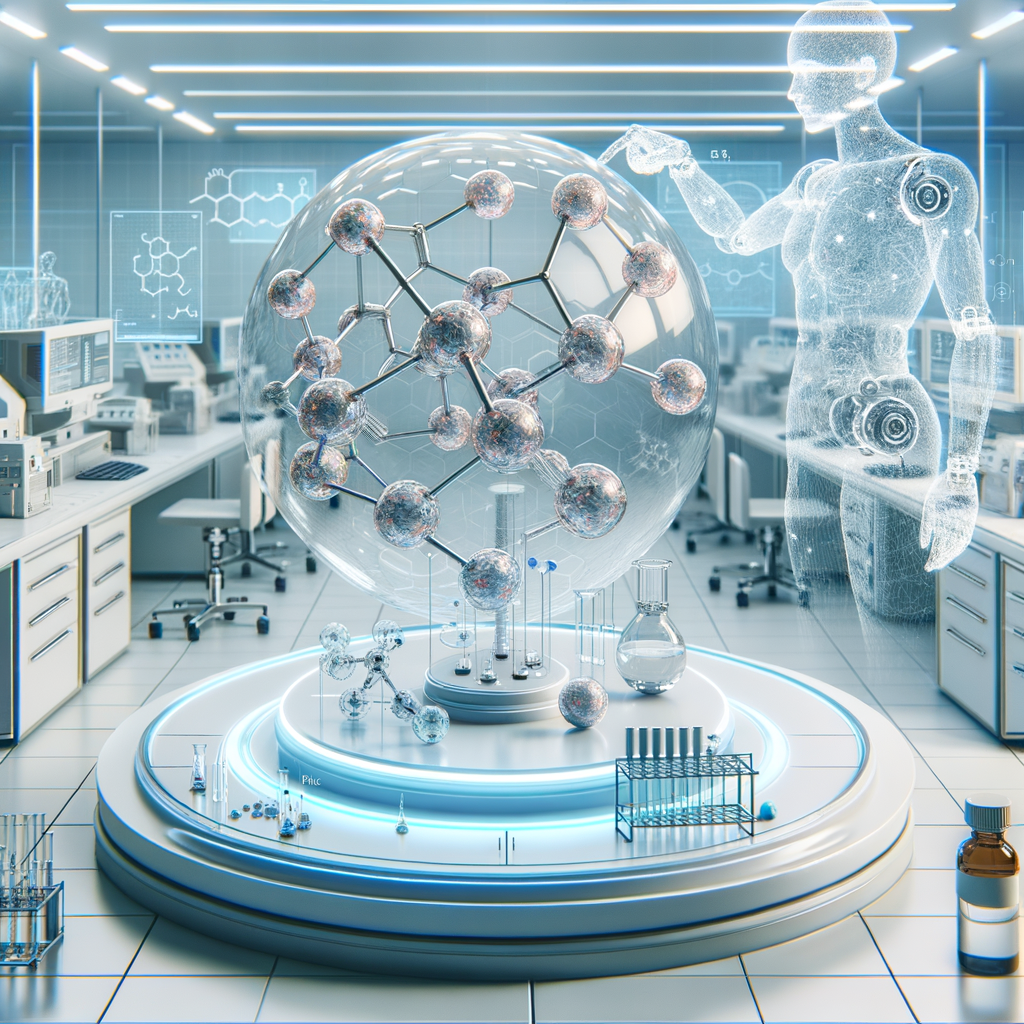
AI Pharmacology: Revolutionizing Drug Discovery and Design with Artificial Intelligence
Discover how AI is transforming the pharmaceutical industry by improving drug discovery and design processes. Learn about the innovative applications of AI in identifying potential drug candidates, optimizing chemical reactions, and personalizing medicine.
The pharmaceutical industry has always been on the quest for innovation, seeking faster and more efficient ways to discover and design drugs. With the emergence of Artificial Intelligence (AI), this quest has reached new heights. AI Pharmacology is now at the forefront, revolutionizing how we approach drug discovery and design.
The Current Landscape of Drug Discovery
Traditionally, drug discovery is a meticulous process involving an enormous amount of time, resources, and financial investment. The conventional methods often entail rounds of chemical synthesis and biological testing, demanding severe patience and resilience. However, with AI stepping in, we are witnessing profound changes, making the process faster, cheaper, and more efficient.
AI's Role in Identifying Drug Candidates
One of the paramount applications of AI is in the initial stages of drug discovery - identifying and predicting potential drug candidates. Machine learning algorithms are employed to analyze extensive datasets, uncovering complex biological interactions and predicting the effectiveness of compounds. These algorithms utilize vast databases of molecular information, screening them with unprecedented speed and accuracy, something that would be insurmountable for humans alone.
Optimizing Chemical Reactions
AI also facilitates the optimization of chemical reactions involved in drug synthesis. By predicting the outcomes of diverse synthesis methods, AI can significantly enhance the efficiency of developing new drugs. AI models can evaluate multiple reaction pathways and propose the most promising routes, thereby accelerating the synthesis process and minimizing waste and cost.
Personalized Medicine: A Step Closer with AI
AI's ability to sift through voluminous genetic data allows for a more personalized approach to medicine. It can help design treatment plans tailor-made for individuals by analyzing their genetic makeup, lifestyle, and other health indicators. This level of personalization is paving the way for precision medicine, ensuring better patient outcomes and optimized therapeutic interventions.
Overcoming Challenges and Ethical Considerations
While AI offers remarkable benefits, it is essential to address the challenges, such as data privacy, potential biases in AI algorithms, and ethical considerations. Striking a balance between innovation and responsibility continues to be a significant discussion within the AI community. Ensuring transparency, accountability, and compliance with regulations is crucial as AI in pharmacology becomes more mainstream.
Future Directions
As AI continues to evolve, its applications in pharmacology are expected to grow more sophisticated, opening new frontiers in drug discovery and design. From enhanced predictive models to real-time patient monitoring, the possibilities are endless.
In conclusion, AI pharmacology is transforming the pharmaceutical industry's landscape, offering promising solutions for current and future challenges. By leveraging AI's capabilities, we can expect accelerated advancements in healthcare that could save millions of lives and improve the quality of life for many.